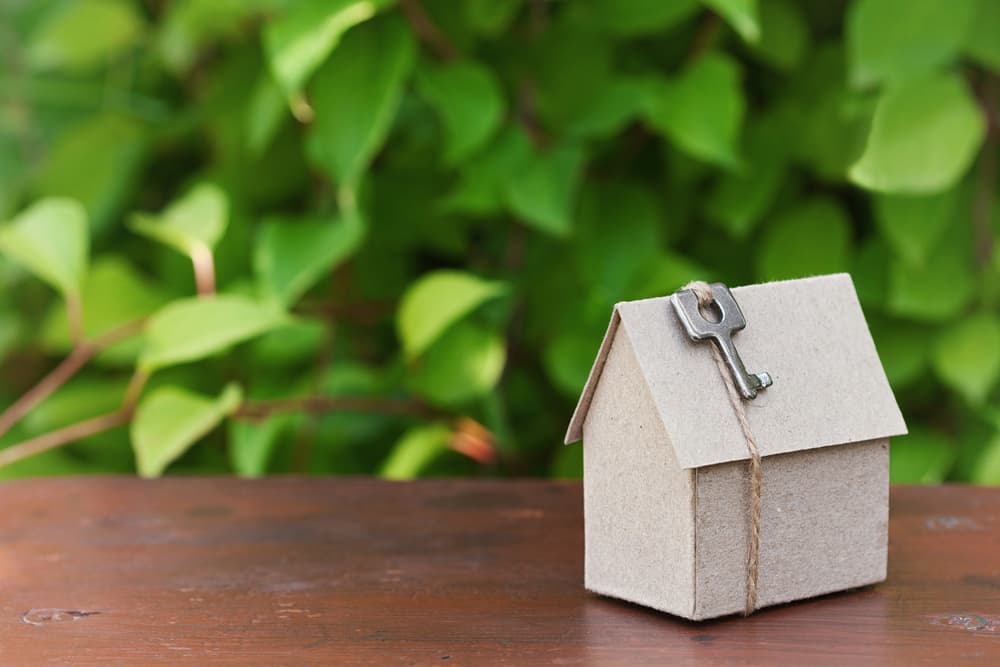The new tax regime has removed various deductions allowed under the old tax regime, including those allowed under Section 80C of the Income-tax Act, of 1961. For instance, if you have taken a loan for a self-occupied property, the interest paid on the loan cannot be claimed as a deduction in the new tax regime. Does this mean that the new tax regime has nothing to offer you? No. Let’s learn Deductions You Can Claim On Rental Income In New Tax Regime.
There are certain deductions available on rental income in the new tax regime under income from house property. For instance, if you have taken a home loan for a property and rented it out to generate some rental income, the new tax regime will offer you some deductions.
But before moving forward to know what these deductions are, remember that from the financial year 2023-24, the new tax regime will be the default tax regime, and in case one does not want to opt for it, one has to specifically opt for the old tax regime.
So, given that rental income is a passive source of income for many, here’s how you can make the most of it under the new tax regime.
The tax deductions applicable in the new tax regime are municipality tax, standard deductions under Section 24 (a), and interest on home loans under Section 24 (b).
Let us see the deductions you can avail on house property under the new tax regime in case it is self-occupied and/or rented out.
Rented-Out House: If the house has been rented out, one can claim deductions for municipality tax, a standard deduction of 30 per cent, and the interest on the home loan, under the new tax regime.
For interest income, the condition is that the home loan should be for the rented-out house. Also note that the deduction can be claimed up to the limit of rent received from the property.
Says Abhishek Rana, chartered accountant at AAAR & Associates: “Income from rent on house property is taxable under the head ‘Income from house property’. Under the new tax regime, a deduction of 30 per cent for repairs under Section 24(a) and deduction for borrowed capital under Section 24(b) are allowed only when the house is let out, or, deemed to be let out.”
Self-Occupied House: A self-occupied property means that the person or the family members are living in the property. Under the income tax rules, one can claim up to two houses as self-occupied. However, there is no deduction applicable in the new tax regime on self-occupied house, contrary to the old tax regime, where interest on a home loan on the self-occupied house could be claimed as a deduction.
Under the new tax regime, the deduction on interest is not allowed except when the house property is given on rent. It means that if the loan is for a self-occupied house, the interest on the home loan for the house cannot be claimed for income tax deduction.
“In case the house property is self-occupied, then no deduction under Section 24 is given to the assesse,” adds Rana.
It’s also important to note that if one incurs a loss from house property, it can only be adjusted against income from house property and not against any other income head. For instance, in case of home loan interest, the deductible limit in the new tax regime is only up to the rental amount, so if the rental income is less than the interest paid on the home loan, it cannot be adjusted with any other income head.
Says Rana, “If there is a resultant loss after such deductions, then such loss is not allowed to be set off from income under any other head, and such loss is also not allowed to be carried forward to the next assessment year.”
Also, unlike the old tax regime, where the loss from house property could be carried forward for up to eight years, it cannot be carried forward in the new tax regime. So, if there is an income, one has to pay tax according to one’s tax slab, and in case of loss, adjust it in the same year from income from house property, otherwise, it cannot be adjusted.




